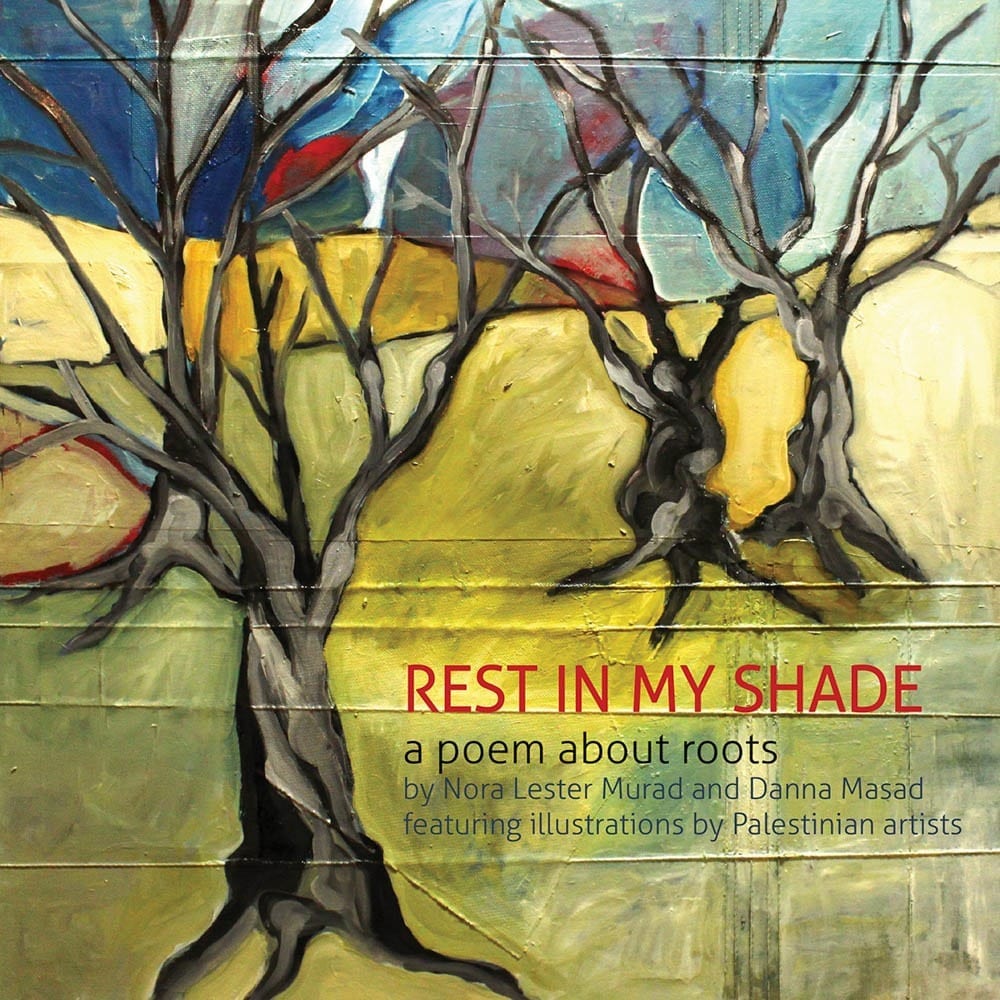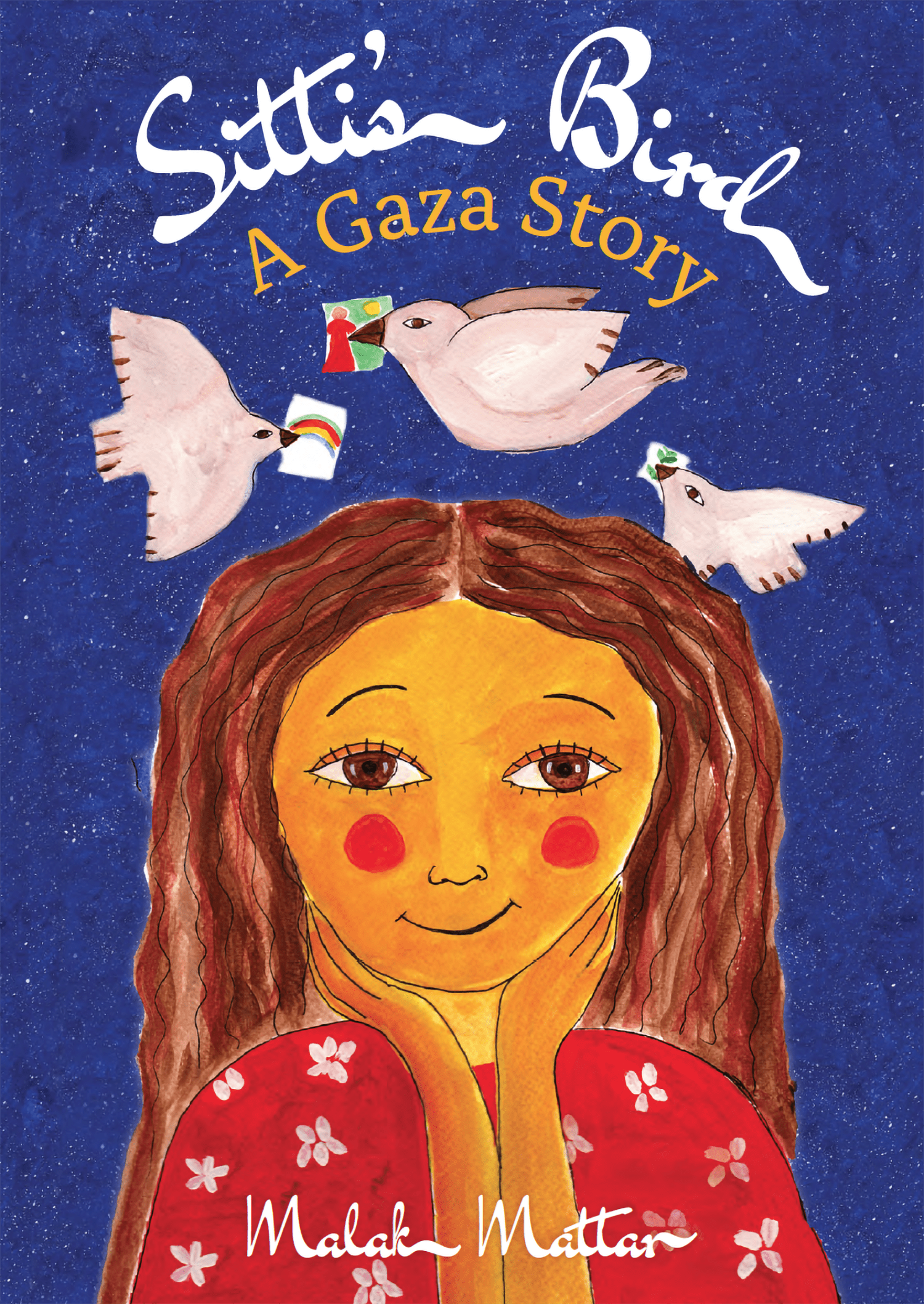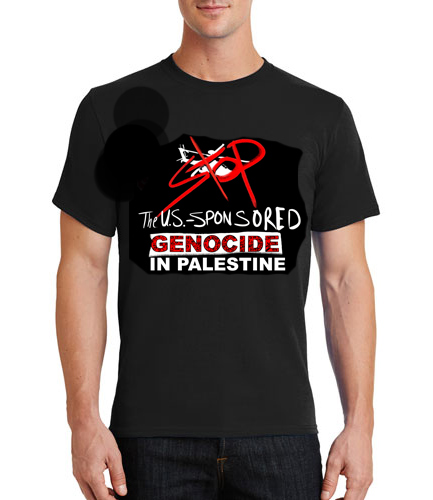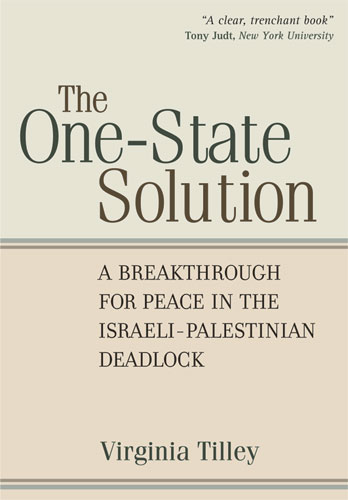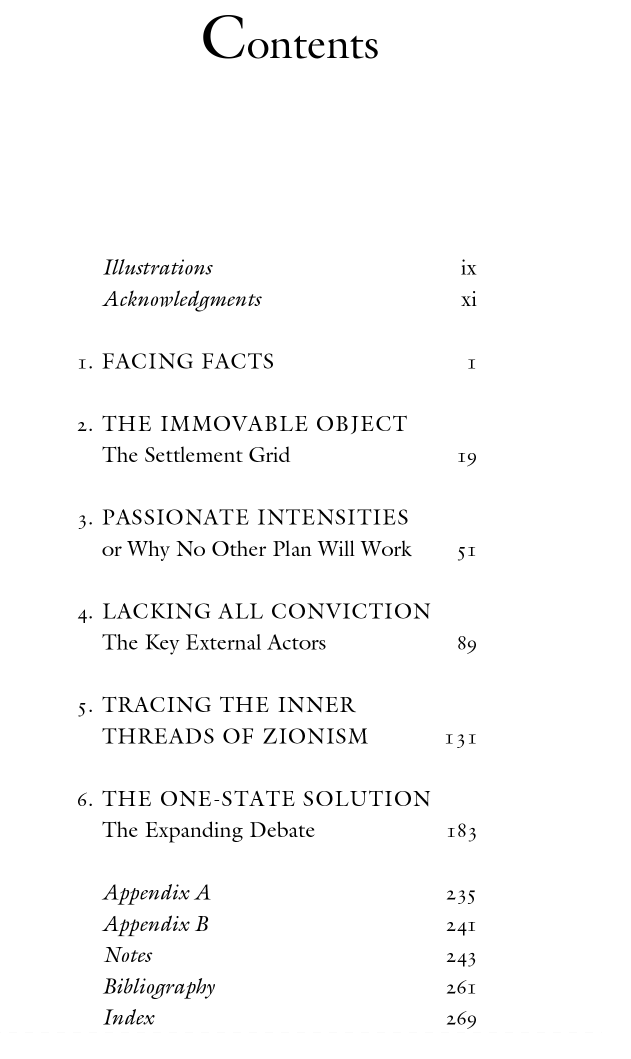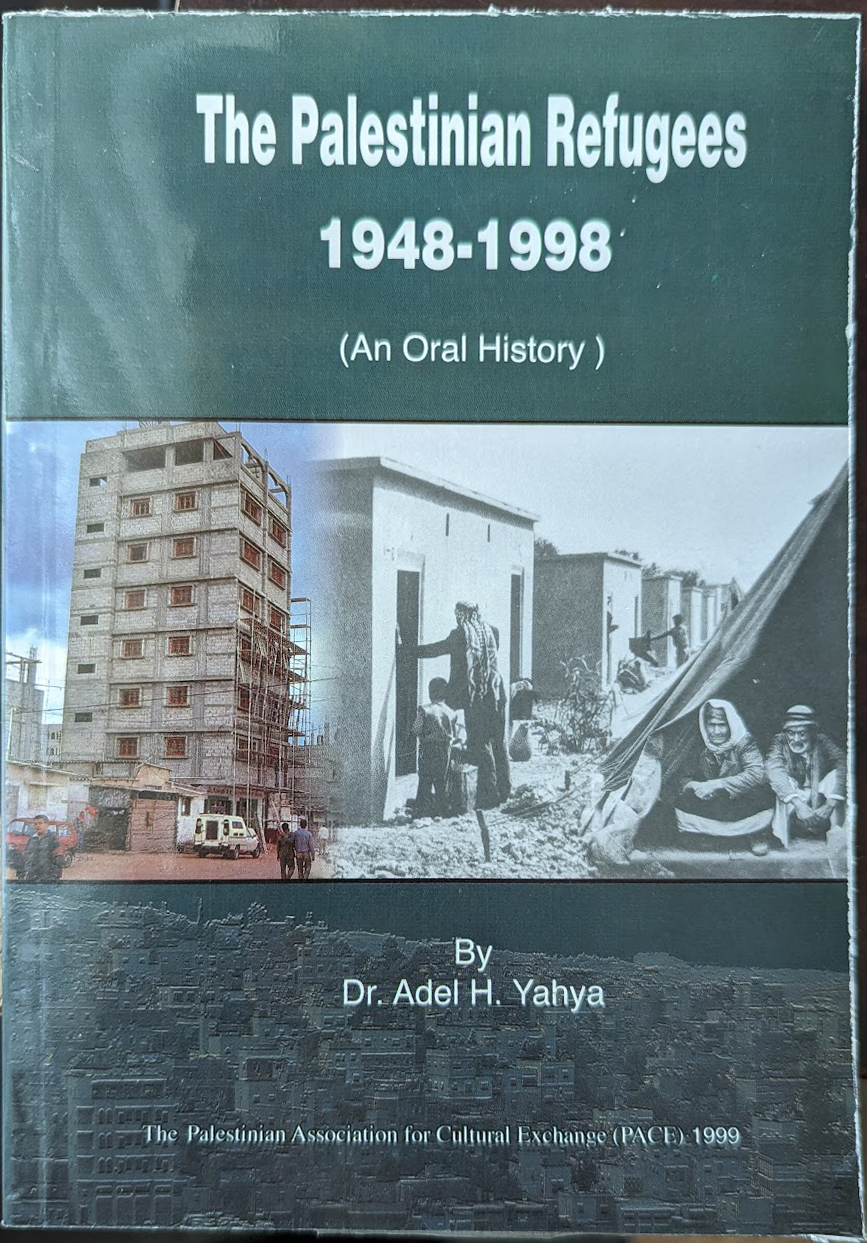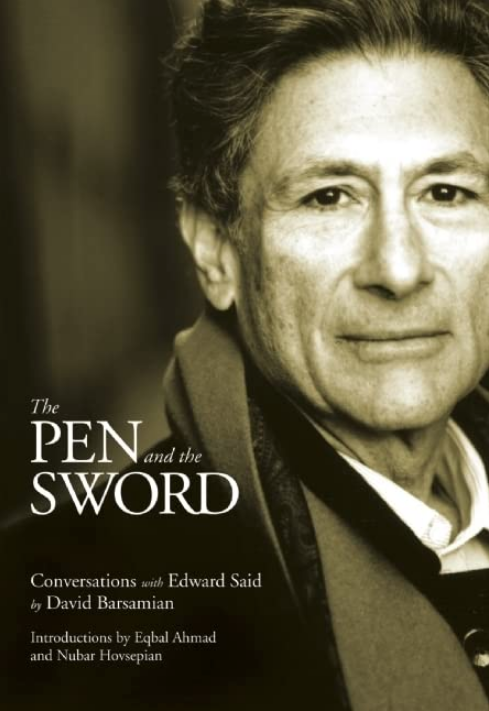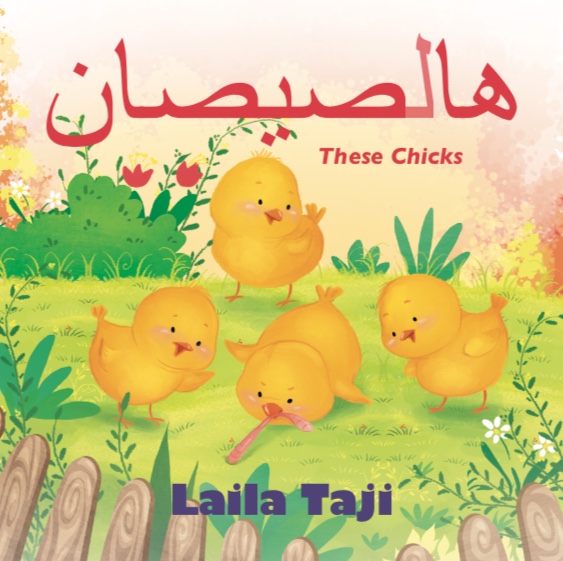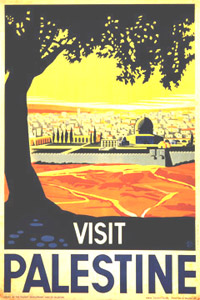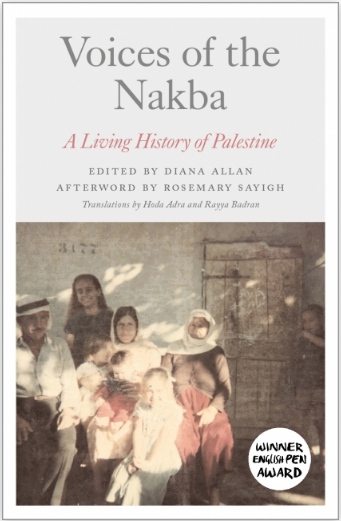We are catching up with orders and working on launching a new site by Nov. 15!
New Customer Service number (text preferred): 512 350 9737.
Rest in My Shade - A Poem about Roots
“An exquisite love song to Palestine and all its wonderful long-suffering people, to patience, the joy of fruitful simple living, and the power of holy, resilient trees. May the energy of tending and protecting our ancestral nourishment long endure.” — Naomi Shihab Nye, author of Voices in the Air: Poems for Listeners
Sitti's Bird
“Children’s books—particularly picture books—that tackle the subject of war in sensitive and reassuring ways are rare … In Sitti’s Bird: A Gaza Story, the Palestinian painter Malak Mattar creates a slice-of-life narrative that explores how painting helped her overcome the fear and isolation she experienced during Israel’s invasion of Gaza in 2014. The tension between Mattar’s naïve, fanciful paintings and her naturalistic, moment-by-moment storytelling underscores the value of creativity during times of crisis.” —The New York Times Book Review, Teaching Young Children About War Without Frightening Them”
Stop the Genocide t-shirt
This is the most urgent message that needs to emphasize in this moment. A genocide is happening and it is directly enabled by the Biden administration. This shirt redirects our focus to where we can actually make a difference. If we can stop the US from supporting this genocide, for example by ceasing arms shipments and financial and diplomatic backing, this genocide would stop tomorrow. Designed by Nidal Elkhairy, renowned Palestinian designer. The back has a QR code that leads to Austin for Palestine Coalition's website, featuring links to resources and action items! 50% of profit on this shirt is sent to UNRWA or the Stop Gaza Starvation campaign run by the Union of Agricultural Work Committees. We rotate the recipients; since the US withdrawal of support to UNRWA, we are now focusing more on them.
The One-State Solution - A Breakthrough for Peace in the Israeli-Palestinian Deadlock
The One-State Solution demonstrates that Israeli settlements have already encroached on the occupied territory of the West Bank and Gaza Strip to the extent that any Palestinian state in those areas is unviable. It reveals the irreversible impact of Israel’s settlement grid by summarizing its physical, demographic, financial, and political dimensions. Virginia Tilley explains why we should assume that this grid will not be withdrawn—or its expansion reversed—by reviewing the role of the key political actors: the Israeli government, the United States, the Arab states, and the European Union. Finally, the book addresses the daunting obstacles to a one-state solution—including major revision of the Zionist dream but also Palestinian and other regional resistance—and offers some ideas about how those obstacles might be addressed.
The Palestinian Refugees, 1948-1998 (An Oral History)
"These camps are not fit for human life. Each house is stuck to the next. And every one hears each other. This means we have no privacy. And we lose our ability to treat each other kindly. It is all disturbing. We may as well be dead. But death is a peace we are unable to reach." Testimony from Yusra Mustafa Jubara, Camp #1, Nablus.
The Pen and the Sword: Conversations with Edward Said
"Said is forthright, even blunt, and he demonstrates a thrilling capacity for integrating culture and politics."—Publishers Weekly Gathered here are five wide-ranging interviews with the internationally renowned Palestinian scholar and critic Edward Said (1935-2003). In conversation with David Barsamian, director of Alternative Radio, these interviews cover a broad range of topics: the Israeli-Palestinian conflict; Professor Said's groundbreaking work of literary scholarship, Orientalism; music; and much more. With an introduction by Eqbal Ahmad, and a new preface from Nubar Hovsepian, this is an indispensable introduction to one of the twentieth century's foremost critical intellectuals.
These Chicks
This children’s book is based on a beloved classic Arabic nursery rhyme about baby chicks.. “hal seessaan.” The song can be heard here
Visit Palestine poster
High quality reproduction of 1936 poster.
Voices of the Nakba - A Living History of Palestine
***Winner of an English PEN Award 2021*** During the 1948 war more than 750,000 Palestinian Arabs fled or were violently expelled from their homes by Zionist militias. The legacy of the Nakba - which translates to ‘disaster’ or ‘catastrophe’ - lays bare the violence of the ongoing Palestinian plight. Voices of the Nakba collects the stories of first-generation Palestinian refugees in Lebanon, documenting a watershed moment in the history of the modern Middle East through the voices of the people who lived through it. The interviews, with commentary from leading scholars of Palestine and the Middle East, offer a vivid journey into the history, politics and culture of Palestine, defining Palestinian popular memory on its own terms in all its plurality and complexity.

